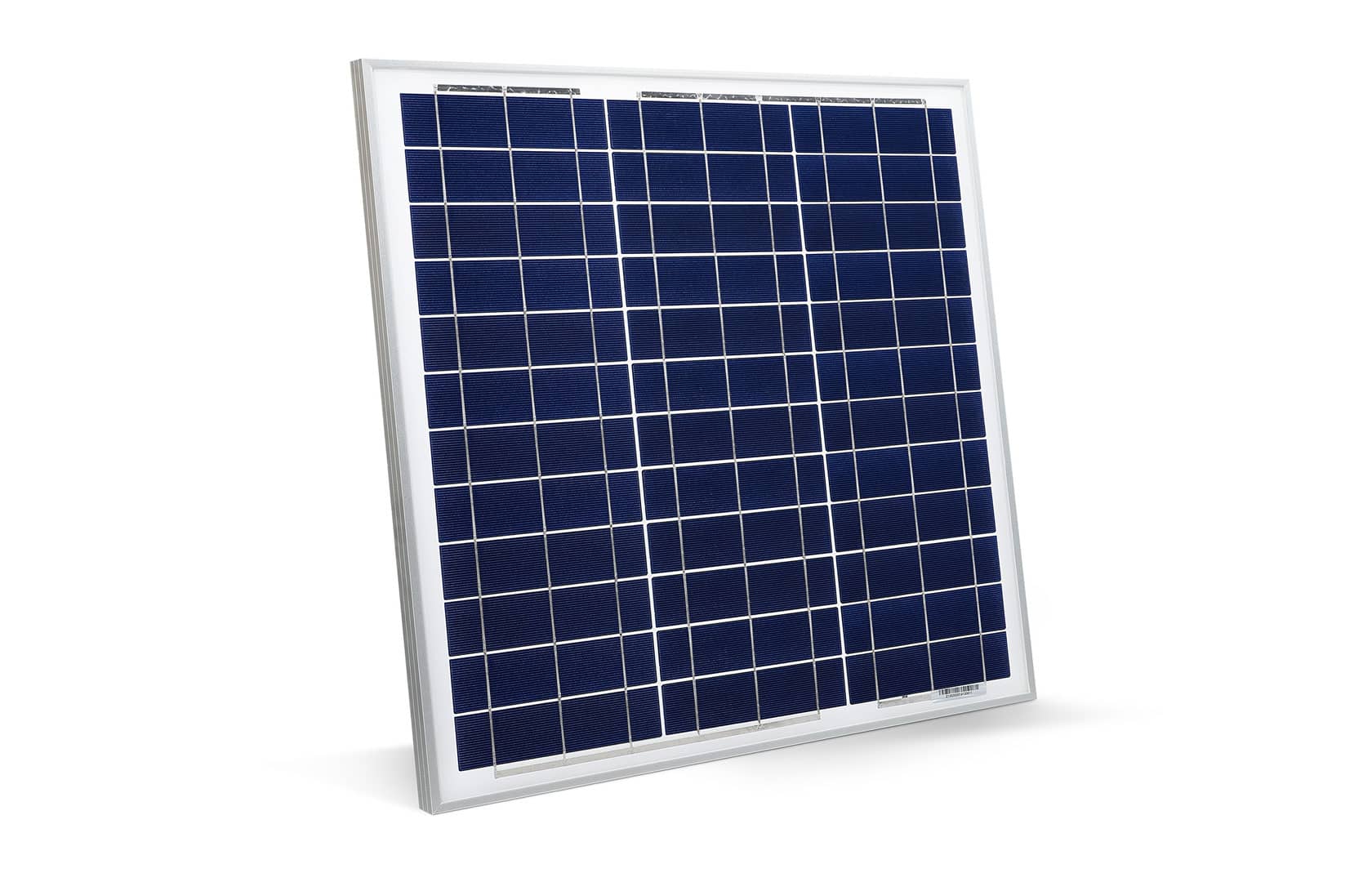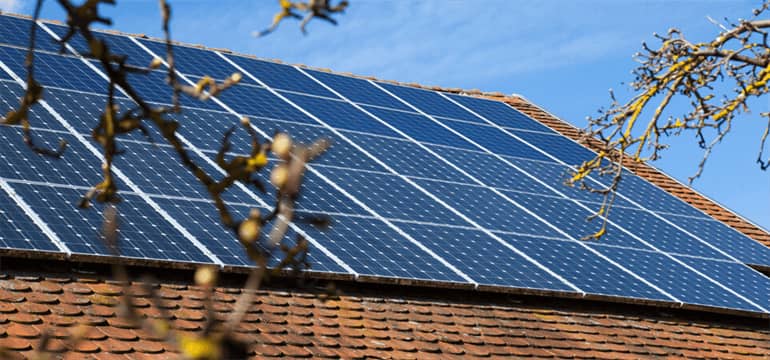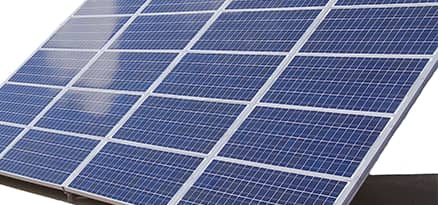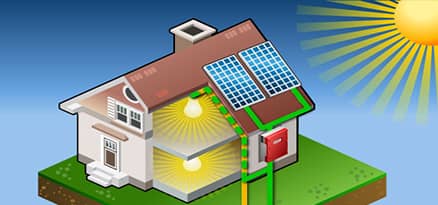Solar Panel

Solar panels are an environmentally friendly way of producing electricity for your home. As mentioned above, the technology relies on cells to turn sunlight into electricity. The electricity produced by your solar panels will be used to power any appliances currently in use within your home.
With the growing effects of global warming and carbon pollution, environmental conservation has become a priority. In addition, the rising costs of energy products is on the rise, thus switching to greener forms of energy that still allow you to meet the energy requirements for your home or business is an important step towards protecting our environment from further threats.
Have you considered switching to solar panels? As they are able to provide you with an effective energy source to meet your energy needs at an affordable price. To get more information on solar panels, simply fill out the form to the right to get up to four tailored quotes. It’s free and without obligation. It takes just a few seconds to complete.



